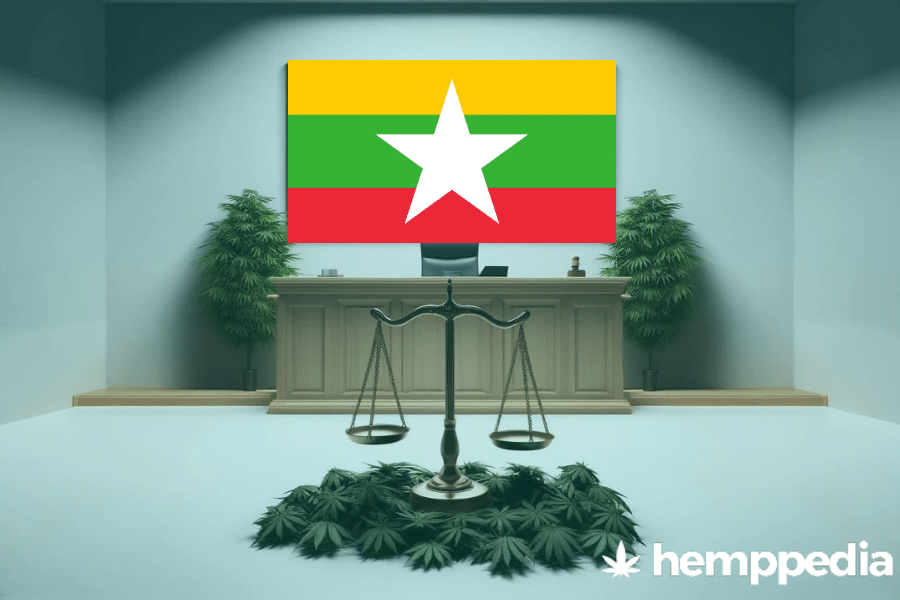TL;DR
The legal status of cannabis in Myanmar is strictly prohibited, both for recreational and medical purposes. The use of, trade in, and possession of cannabis or any of its active ingredients like THC and CBD could result in severe legal penalties.
| THC | CBD | |
|---|---|---|
| Recreational Use | Illegal | Illegal |
| Medical Use | Illegal | Illegal |
Introduction
Understanding the legality of cannabis around the world is crucial, especially with the ever-evolving legal landscape for cannabis. Revision of cannabis laws and regulations has been recognized as a global trend. However, the stance of Myanmar remains clear and steady – they maintain a strong prohibition against cannabis.
Overview of Cannabis Legislation
Cannabis legislation varies greatly from one country to another, from full legalization to decriminalization, to medical use only, or a complete ban altogether. Myanmar currently implements a strict prohibitionist policy, criminalizing all activities related to cannabis.
State-Specific Legal Details
Legal Status
Cannabis is strictly illegal in Myanmar for all purposes – medicinal, recreational, or otherwise. The primary legislation governing drug control in Myanmar is the Narcotic Drugs and Psychotropic Substances Law (1993). Source
Historical Context
Myanmar’s stringent cannabis legislation has been influenced by historical drug trade and manufacturing issues. Cannabis plants previously grew wild in the country but were never legal for use.
Possession and Use
Possession or use of cannabis in any form or amount is considered illegal in Myanmar and can lead to severe penalties such as imprisonment or heavy fines.
Cultivation and Distribution
The cultivation and distribution of cannabis plants for any purpose, either for personal or commercial use, are prohibited in Myanmar, as stated in the Narcotic Drugs and Psychotropic Substances Law.
Enforcement and Penalties
Punishment for violating cannabis laws in Myanmar can be severe, with a maximum life sentence and potential fines.
Social and Economic Impact
The criminalization of cannabis has been linked to increasing prison populations and the continued illicit trade of the plant.
Comparative Analysis
Myanmar’s policy stands in stark contrast to global trends towards the decriminalization or legalization of cannabis for medical and recreational purposes.
Future Outlook and Ongoing Debates
While there are no currently known plans to revisit or modify the ban on cannabis in Myanmar, it is crucial to spectate the ongoing global transformation in cannabis legislation.
Conclusion
Myanmar enforces one of the strictest cannabis laws in the world. It will be interesting to see if the country’s regulations change with evolving global trends, but for now, cannabis remains strictly illegal.





